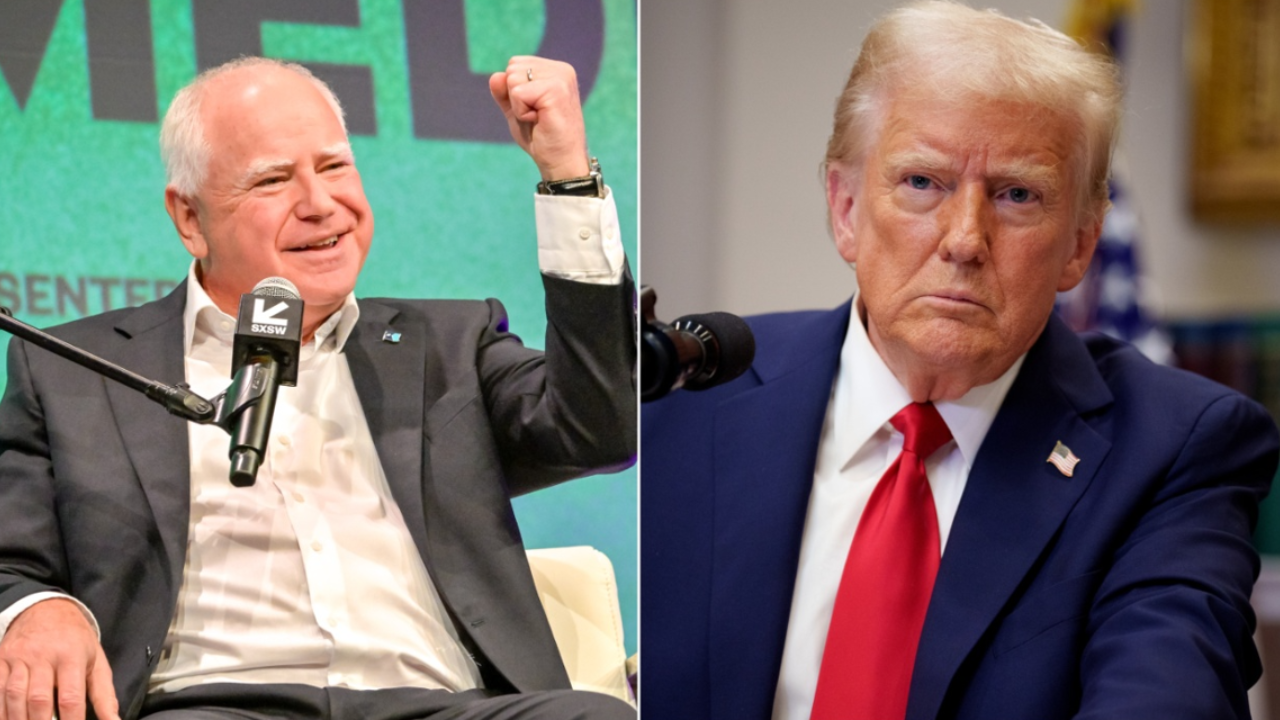Walz sparks outrage comparing Trump immigration policies to ‘modern-day Gestapo’

Former Democratic nominee for vice president, Minnesota Gov. Tim Walz, made headlines over the weekend for his controversial remarks during a commencement address at the University of Minnesota law school. Walz sparked a social media uproar after he invoked Nazi-era language to criticize President Donald Trump’s immigration agenda.
During his speech, Walz referred to Trump’s immigration policies as a “modern-day Gestapo,” drawing comparisons to the notorious secret police force of the Nazi regime. He painted a grim picture of individuals being forcibly taken off the streets by masked agents and shipped off to unknown locations without a chance to defend themselves or say goodbye to their loved ones.
Walz went on to describe Trump as a “tyrant” and warned the graduating students that they were entering a time of genuine emergency. His comments drew strong pushback from conservatives online, with the Trump administration condemning his remarks as “vile” and “anti-American.”
White House deputy chief of staff for policy Stephen Miller denounced Walz’s language as potentially inciting violence, while the Department of Homeland Security defended ICE agents and their enforcement of immigration laws. They emphasized that ICE officers face a significant increase in assaults and reiterated the consequences of entering the country illegally.
Critics, including a Republican candidate running against Walz for governor, seized the opportunity to highlight Walz’s own record, pointing to his actions during the COVID-19 pandemic and his controversial statements in the past. Some accused him of being the real tyrant and modern-day Gestapo.
This is not the first time Walz has faced backlash for his inflammatory rhetoric. In a previous incident, he compared Trump’s immigration agenda to communist Russian “gulags,” drawing criticism from both sides of the political spectrum.
As the controversy continues to unfold, it remains to be seen how Walz will address the backlash and whether he will clarify or retract his comments. The debate over immigration policies and the use of charged language in political discourse is likely to persist, with both sides digging in their heels on the issue.




